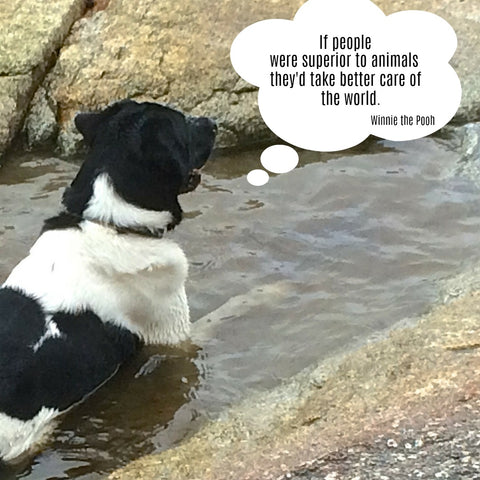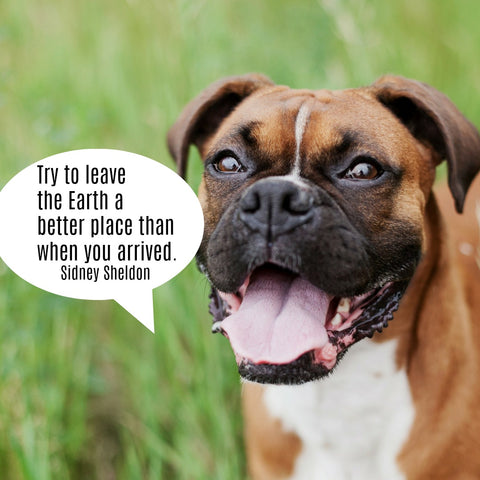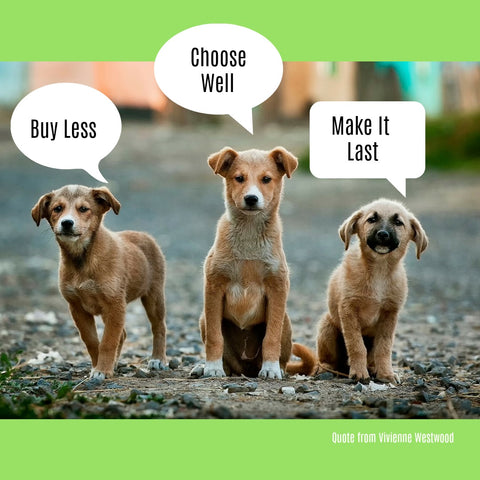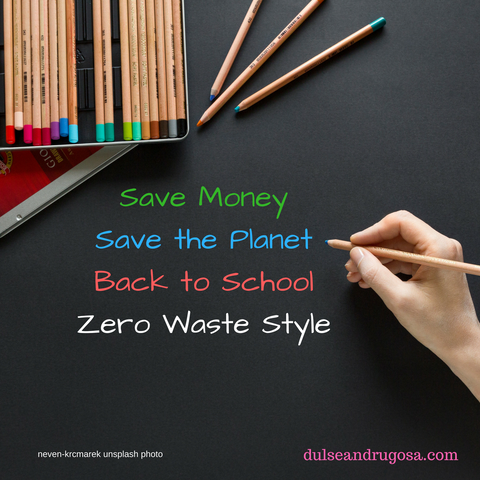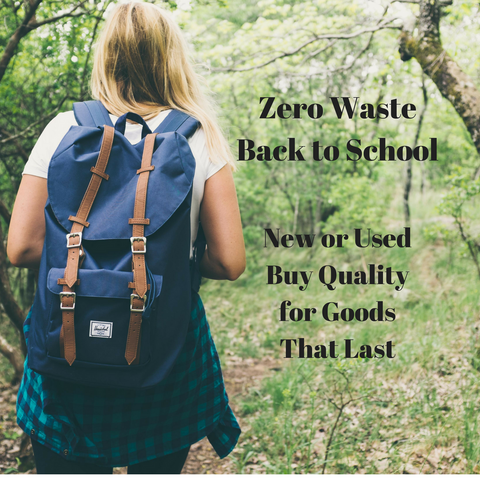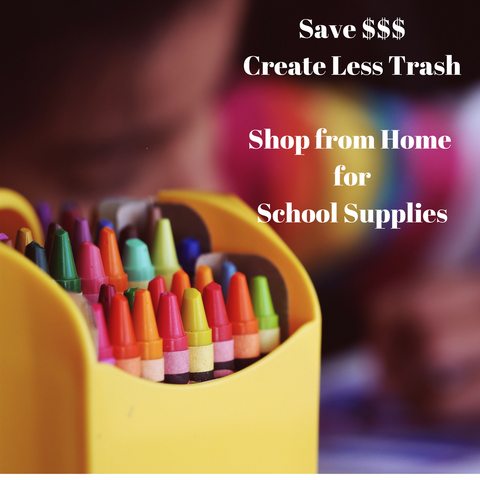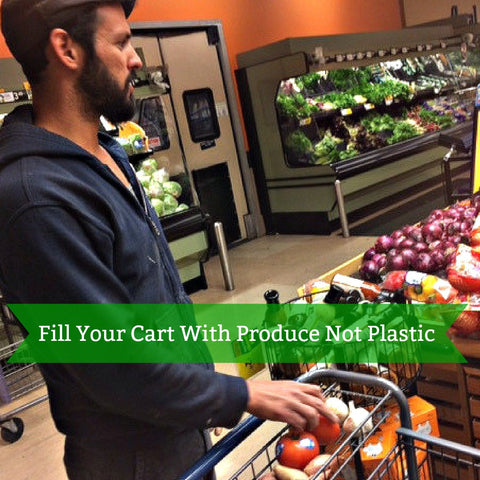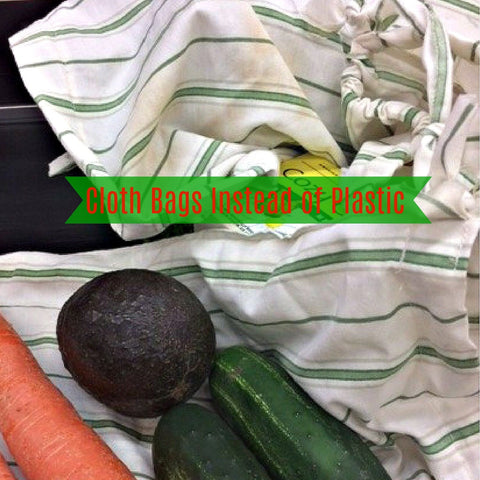Plastic Free July in the Age of Corona, 5 Tips to Get you Started
Going zero waste and becoming plastic free is always a dance of two steps forward, one back and some spinning around but since the start of the Corona pandemic this journey has gotten a lot harder. Plastic Free July is a global movement focused on everyday solutions to plastic pollution.

Our first ever blog post about reducing your waste was Plastic Free Friday- BYOB. Published in July of 2016, it was about bringing reusable shopping bags. Now reusable bags are banned in my state. I do wonder why you can shop without a face mask but not use a reusable bag? But that's a subject for another blog.
Here are some tips to help you navigate the new realities while continuing to reduce your plastic consumption.
Tip 1- Be registered and have a plan to VOTE. If you've followed us for awhile I start just about every blog with this statement. We need elected leaders at all levels who care for the planet and recognize we are ALL CONNECTED. A cleaner planet means a shift from business as usual in all areas including social justice, education, manufacturing practices, tax breaks and incentives, a diverse economy, etc, etc, etc.........

Tip 2- Practice self care. It's harder to take care of others when you are tired or angry. Take time for a breather from the chaos and uncertainty of the news. Being outside and connecting to nature is one of the best ways to help ourselves and have the energy to help our planet. Be mindful of your social media use. I have a personal pledge to not check emails at night. It doesn't matter if the news is good or bad, I don't need a rush of energy before bed. Realize that social media is a double edged sword, and "doomscrolling" is real. Protecting your physical and mental health is vital for this marathon we find ourselves in.

Tip 3- Practice good hygiene. The sooner we can contain the virus, the sooner we can begin to return to the "new normal". Wash your hands frequently and use good soap. "Soap works better than alcohol and disinfectants at destroying the structure of viruses." We need to be sure we don't grow complacent but remain vigilant to protect ourselves, others and ultimately the world.

Tip 4- Wear a reusable face masks. "Namaske"- the mask I wear to protect you recognizes the mask you wear to protect me. I've seen posts on social media about the litter created from disposable masks and gloves. It's maddening! A washable reusable mask helps protect others and the planet.
Tip 5- Pick a place to start and recognize you're on a journey, made more difficult by the realities of Covid-19. Start small, be forgiving and realize you'll have to make adjustments and compromises. Our pre-Covid blog 20 Zero Waste Tips for 2020 is a great place to start.
Remember it's a dance, forward, backwards and some spinning but in the end you'll be in a new and better place.




